Signs of Learning Disability/Dyslexia
In preschoolers (age 4-6)
May have one or more relatives in the extended family with dyslexia
May talk later than most children
May have difficulty pronouncing words (i.e., buspetti or busketti for spaghetti, mawn lower for lawn mower)
May be slow to add new vocabulary words
May be unable to recall the right word
May have difficulty with rhyming
May have trouble learning the alphabet, numbers, days of the week, colors, shapes, how to spell and write his or her name
May be unable to follow multi-step directions or routines
May have difficulty telling and/or retelling a story in the correct sequence
Often has difficulty separating sounds in words and blending sounds to make words
In Kindergarten to 4th grade
May be slow to learn the connection between letters and sounds
Has difficulty decoding single words (reading single words in isolation)
Has difficulty spelling phonetically
Makes consistent reading and spelling errors
Letter reversals - d for b as in dog for bog or b for d as bog for dog
Word reversals - tip for pit
Inversions - m and w, u and n
Transpositions - felt and left
Substitutions - house and home
May confuse small words - "at" for "to", "said" for "goes"
Relies on guessing and context
May have difficulty learning new vocabulary
May transpose number sequences and confuse arithmetic signs (+ - x / =)
May have trouble remembering facts
May be slow to learn new skills; relies heavily on memorizing without understanding
May have difficulty planning, and organizing and managing time, materials, and tasks
In 5th to 8th grade
Is usually reading below grade level
May reverse letter sequences - "soiled" for "solid", "left" for "felt"
May be slow to discern and to learn prefixes, suffixes, root words, and other reading and spelling strategies
May have difficulty spelling or spells the same word differently on the same page
May avoid reading aloud
May have trouble with word problems in math
May avoid writing
May have difficulty with comprehension
May have slow or poor recall of facts
May have trouble with non-literal language (idioms, jokes, proverbs, slang)
May have difficulty with planning and time-management
In High School/College
May read very slowly with many inaccuracies
Continues to spell incorrectly, frequently spells the same word differently in a single piece of writing
May avoid reading and writing tasks
May have trouble summarizing and outlining
May have trouble answering open-ended questions on tests
May have difficulty learning a foreign language
May have poor memory skills
May work slowly
May pay too little attention to details or focus too much on them
May misread information
May have an inadequate vocabulary
May have an inadequate store of knowledge from previous reading
May have difficulty with planning, organizing, and managing time, materials, and tasks
In Adults
May hide their reading problems, many subterfuges
May spell poorly, relies on others to correct spelling
Avoids writing, may not be able to write
Relies on memory, may have excellent memory skills
Often has good "people" skills
Often is spatially talented; professions include, but are not limited to, engineers, architects, designers, artists, and craftspeople, mathematicians, physicists, physicians (esp. orthopedists, surgeons), and dentists
In jobs, is often working well below their intellectual capacity
May have difficulty with planning, organizing, and managing time, materials, and tasks
Source: Modified from the "Basic Facts about Dyslexia: What Every Layperson Ought to Know"
©Copyright 1993, 2nd edition 1998 - The International Dyslexia Association. Baltimore, MD.
©2005 The Reading Center/Dyslexia Institute of MN, Basic Orton-Gillingham Reference Manual

